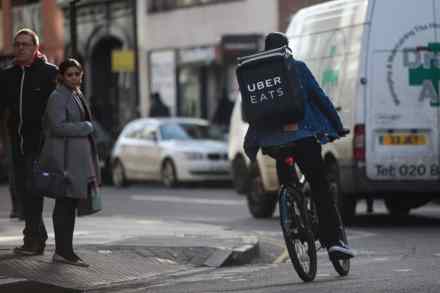How the Tories can redeem themselves in the eyes of the self-employed
Private members’ bills don’t normally make for exciting reading. They give MPs and peers a chance to let off steam if they have a bee in their bonnet, and more importantly to lay down fairly cheap political markers. Most sink without trace, since the government through its control of the Commons legislative timetable has an effective veto. But some are worth a second look. One such is Lord Hendy’s Status of Workers Bill, which got its second reading in the Lords last Friday. Currently, businesses love the idea of designating as much of their payroll as possible as self-employed independent contractors rather than employees. And not surprisingly: it saves them



